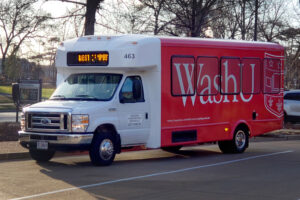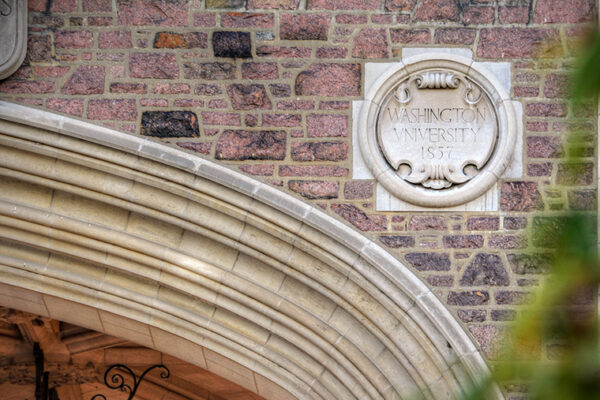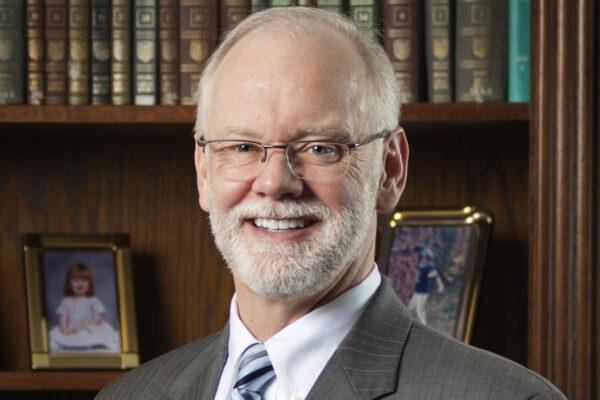 A number of updates to safety and security programs at Washington University in St. Louis will go into effect during the spring semester, which begins today (Jan. 13). The improvements are based on recommendations from the Public Safety Working Group convened last fall by Chancellor Andrew D. Martin following a spike in crime in neighborhoods near the Danforth Campus.
A number of updates to safety and security programs at Washington University in St. Louis will go into effect during the spring semester, which begins today (Jan. 13). The improvements are based on recommendations from the Public Safety Working Group convened last fall by Chancellor Andrew D. Martin following a spike in crime in neighborhoods near the Danforth Campus.
Martin created the working group with a charge to develop a safety and security action plan, building on existing programs and the strength of the Washington University Police Department (WUPD), with a focus on holistically addressing key areas for improvement. Under the leadership of Henry S. Webber, executive vice chancellor and chief administrative officer, the group consulted with faculty, students and staff, and has completed the first phase of its work, making the following initial recommendations:
- Improvements to shuttle service between the Danforth Campus and surrounding neighborhoods. Starting today, additional vehicles are being added to the shuttle fleet, allowing for an expanded shuttle network with shorter wait times. Shuttle hours are being standardized and improvements have been made to online maps and schedules, which are available at shuttle.wustl.edu, along with additional information about the system.
- Increased patrols and neighborhood partnerships. WUPD is adding officers to its neighborhood patrols, including one officer who, starting this semester, will be dedicated entirely to community engagement, serving as a resource for students and community members who live in off-campus neighborhoods to assist them with crime prevention and personal safety. WUPD also will leverage its bike patrol unit and additional security guards to increase coverage in the neighborhoods.
- Updates to emergency communications protocols. The working group has recommended changes to make campus notifications about emergencies or serious crimes more efficient and easier to understand. These changes include reducing the number of notification types and creating a way for members of the Danforth or Medical Campus communities to opt in to notifications from all campuses, rather than only receiving alerts for their primary campus. To opt in to notifications, visit emergency.wustl.edu.
“These are important steps that we believe will make a difference in the neighborhoods surrounding our campuses, but we know they are not a magical solution,” Webber said. “Along with these immediate steps, as Chancellor Martin outlined in his original charge to the working group, we must also keep looking for ways we can contribute to broader efforts to address the root causes of violence in the St. Louis region. There is still much work to be done, and we’re committed to working toward solutions, in collaboration with our community partners.”
“I’m pleased with the progress the working group has made in a relatively short time and encourage everyone in our university community to use the additional resources that are now in place,” Martin said. “Ride the shuttles, follow our emergency communications, pay attention to your surroundings, and report any suspicious activity.”


